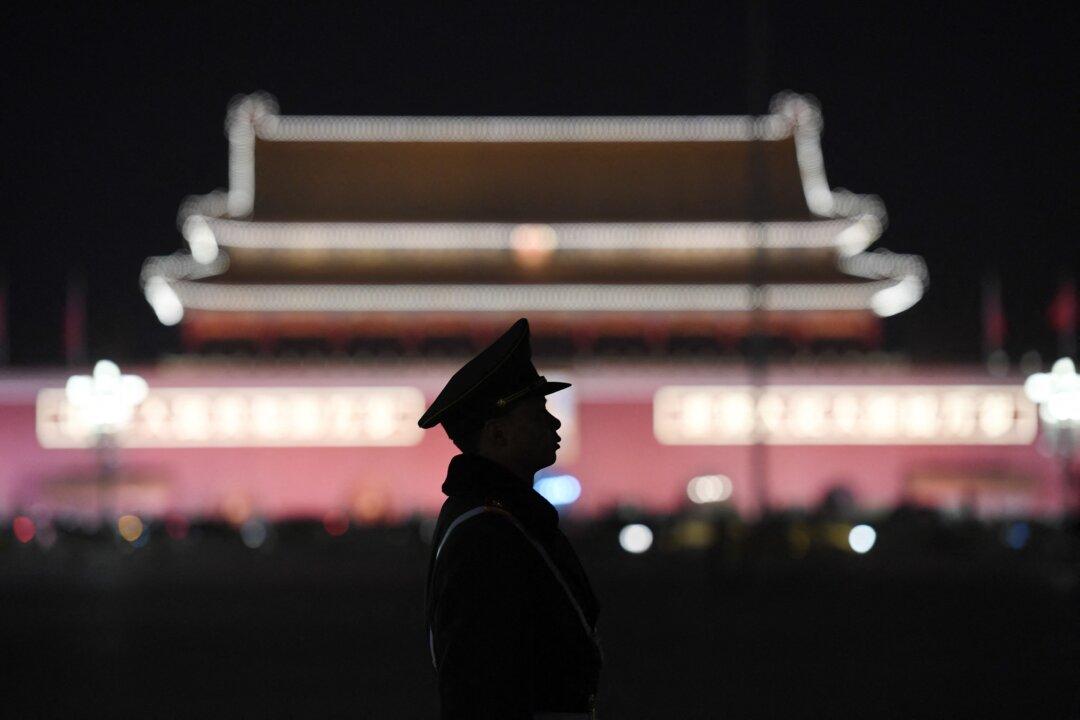Commentary
The announcement that Australian Prime Minister Anthony Albanese has accepted an invitation to visit China raises questions about the complex relationships between the two countries.

The announcement that Australian Prime Minister Anthony Albanese has accepted an invitation to visit China raises questions about the complex relationships between the two countries.